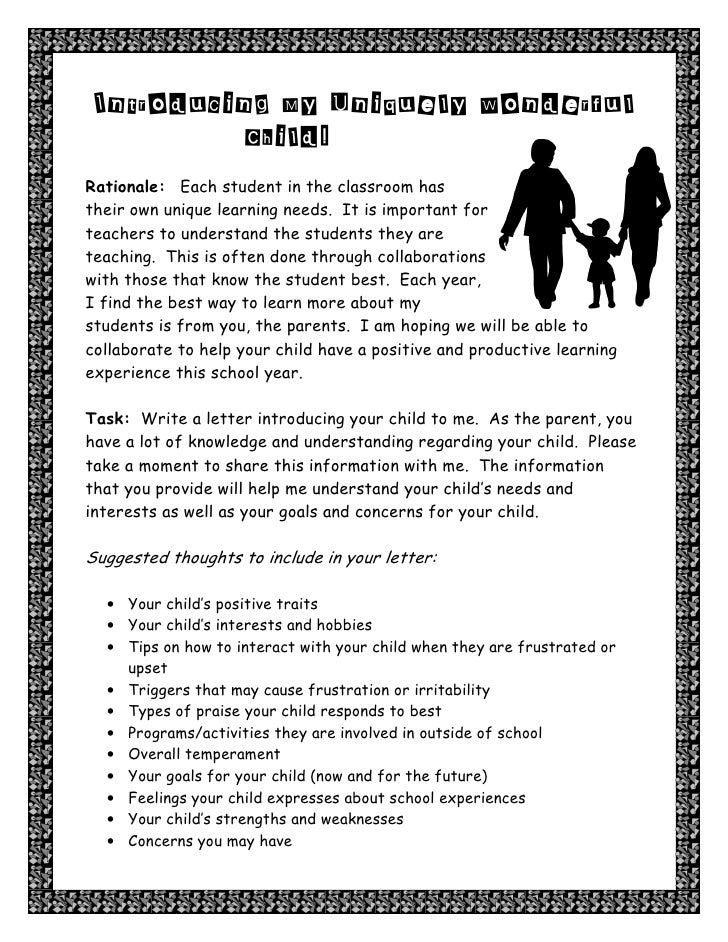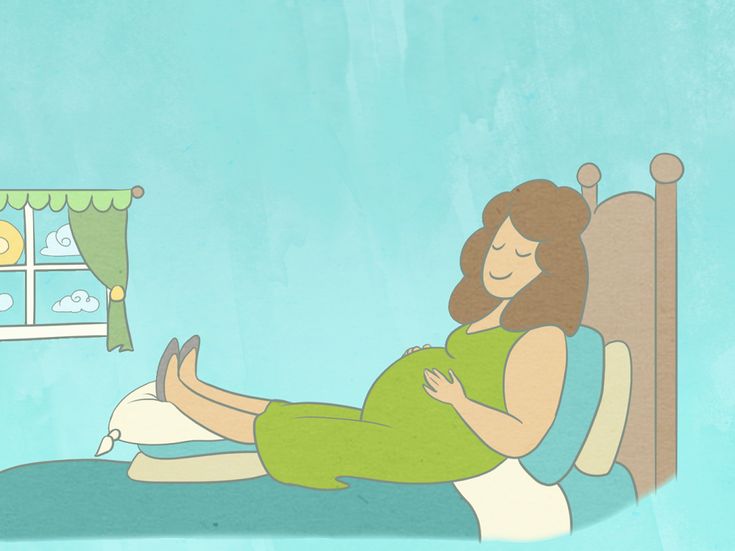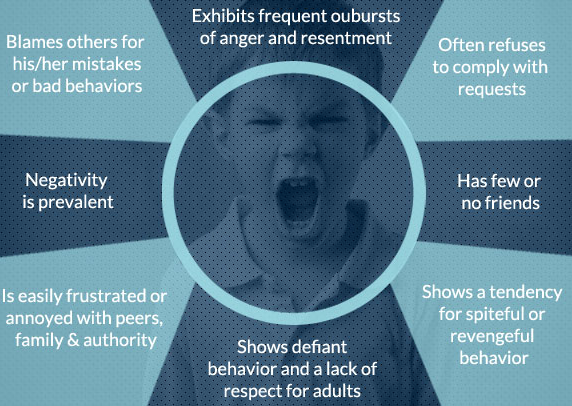How to describe your child in a letter
How to describe your child to a teacher (including templates)
With each new school year, you are given the opportunity to expand and perfect your communication style with your child’s teacher. Our learning and development specialist Emily Andrews outlined some effective communication strategies for parents that you can take into consideration to get your relationship off on the right foot.
But, we know that the beginning of the school year can be an incredibly hectic time for parents, teachers, and children. To help you establish a strong relationship between your child’s teacher and yourself and to help set your child up for success in school, we’ve outlined tips and templates to help you describe your child in letters, paragraphs, and in person.
- How to describe your child to a teacher
- Sample letter describing your child
- Describe your child in a paragraph
How to describe your child to a teacher
Some schools send out forms with questions for parents to answer about their children while others ask parents to write a letter describing their child. Still others don’t formally ask questions and assume the parent will let them know on their own either in an email, call or parent-teacher conference.
Whatever the case is with your child’s school, understanding how to describe your child to a teacher in a clear and concise way can help establish good communication between you and your child’s teacher as well as help the teacher be the best possible advocate for your child.
Here are some tips to keep in mind when you prepare to describe your child to a teacher.
- Start with a blank slate. Assume your child’s teacher knows nothing about them. Introduce yourself, your child, and your family structure. Let the teacher know if they have a nickname and what pronouns they use.
- Talk about their strengths and their weaknesses. Try to remove yourself from the situation and speak neutrally about your child. What are they good at? What do they need help with? Be honest because your child’s teacher will see it themselves anyway.

- Be specific. When describing your child and how they are in school and at home, be as specific as possible. Refer back to past assessments so that their teacher knows what to expect and how they can be the best champion for your child. When you describe your child's personality, use the temperament terminology so you and their teacher are on the same page.
- Keep it friendly and upbeat. This is the start of a new year and a new opportunity for your child to grow and learn. Their teacher is going to lead them on this new journey, so you and your child should be excited!
- Be a partner. In your letter, express your intent to act as a partner to the teacher. You will work together with them to help your child be successful this year.
Now, we’ll outline some tips and templates to help you shorten and lengthen your description based on school requirements and time constraints. This will help ensure you hit all of the right points so you, your child, and their teacher will be successful and happy this year.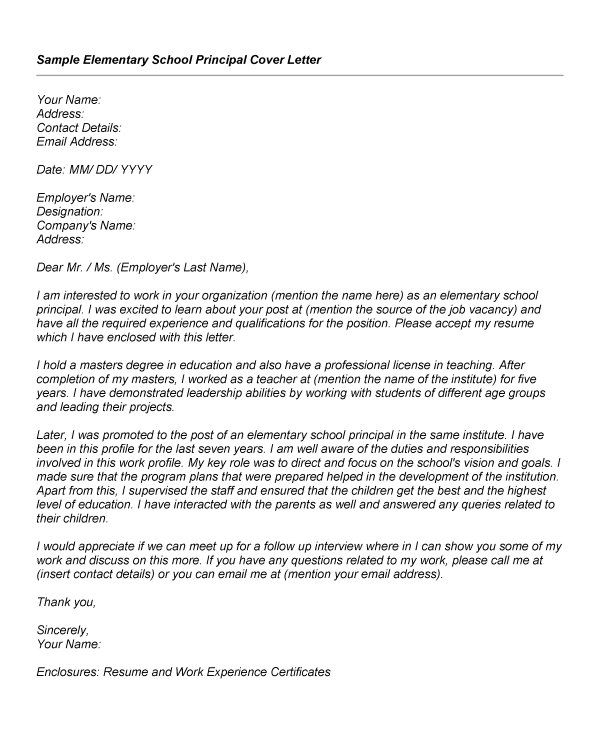
Sample letter describing your child
Dear Mr. Cohen,
I want to start by saying how excited we are for this school year! We have heard great things about your class and I know Jeremy and I are both thrilled for a new year of learning and adventure.
I thought it would be helpful for me to introduce you to Jeremy in this letter and let you know some information about him from home and from his past assessments. To start, Jeremy (he/him) is an excellent student and he is really motivated to do well in class. He is definitely best at math and can do a lot of math in his head very quickly.
However, because he is so advanced in this subject, he sometimes disrupts the class during these lessons. His teacher last year wrote this on one of his early assessments, “Jeremy can add & subtract large numbers in his head and he is often bored during math lessons because he is ahead of other students.”
Jeremy loves sports and competition, so we were able to develop an internal competition to help pay attention and stay focused in math class.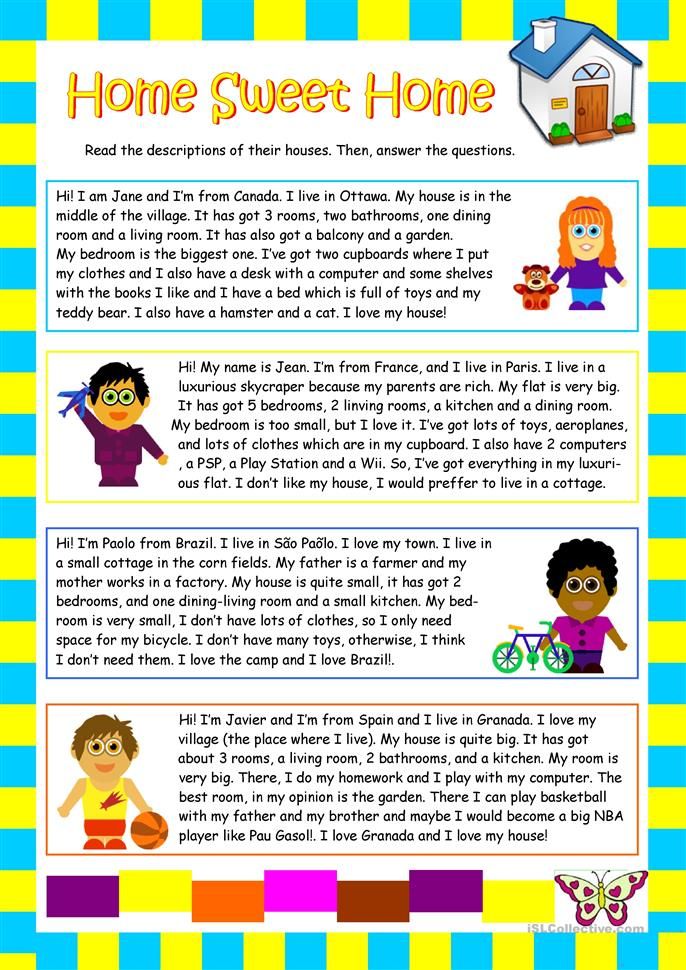 I will continue that process at home, which should hopefully help keep the disruptions at bay. But, if you see this occurring in class again, please let me know. I want to be your partner this year to help make class as enjoyable and successful for you, Jeremy, and all of the students.
I will continue that process at home, which should hopefully help keep the disruptions at bay. But, if you see this occurring in class again, please let me know. I want to be your partner this year to help make class as enjoyable and successful for you, Jeremy, and all of the students.
At home and in his other subjects, Jeremy is very quiet. He might need some additional prompting to answer questions, but he is doing the work and paying attention. Jeremy comes from a single parent household, but luckily, I work from home so I am able to be there with him when he returns from school each day.
Looking forward to working with you to make this the best year yet for Jeremy!
Best,
Sarah Miller
You’re all set!
Download NowLet’s Go
You’re all set!
Download NowLet’s Go
Oops! Something went wrong while submitting the form.
Describe your child in a paragraph
If your school gives you a form to fill out at the beginning of the year or before the first parent-teacher conference, they might ask you to describe your child in a paragraph. We know, your child is your precious baby (despite how old they actually are!) and one paragraph might not feel like enough space.
We know, your child is your precious baby (despite how old they actually are!) and one paragraph might not feel like enough space.
Here are our top tips and a template you can use to hit all of the key points.
- Stay focused. Remove the fluff and keep it as clear as possible since you do not have a lot of space.
- Talk about your concerns. Does your child have a medical condition, allergy, bathroom issue, learning disability, or something of the sort? You want to make sure you talk to your child’s teachers about your concerns because it is the most important for them to understand.
- Use examples. Since you do not have a lot of space, spend the time using actual examples from the past so your child’s teacher understands what you are saying and how they can help this year.
You can use this template to help you describe your child in a paragraph:
“Jeremy (he/him) excels at math but can get disruptive during the lessons because of this. His teacher last year reported that, “Jeremy can add & subtract large numbers in his head and he is often bored during math lessons because he is ahead of other students.” He loves sports and competition, so games and challenges help keep him attentive. In his other subjects (and at home), Jeremy is quiet. He doesn’t enjoy reading on his own but he will do it for class. He is very motivated to do well in school.”
His teacher last year reported that, “Jeremy can add & subtract large numbers in his head and he is often bored during math lessons because he is ahead of other students.” He loves sports and competition, so games and challenges help keep him attentive. In his other subjects (and at home), Jeremy is quiet. He doesn’t enjoy reading on his own but he will do it for class. He is very motivated to do well in school.”
Hopefully our tips and templates will help you as you navigate how to describe your child to a teacher, but ultimately, you know your child best and you know what needs to be said to get them the support and care they need for a successful school year."
The team at Sawyer is always here to help if you are looking for resources or fun activities for your children. Best of luck ahead!
Writing a Letter Describing Your Child to a Teacher [Free Sample]
Everyone wants to please their instructor, and a letter, rather than an apple, may be the best way to do it.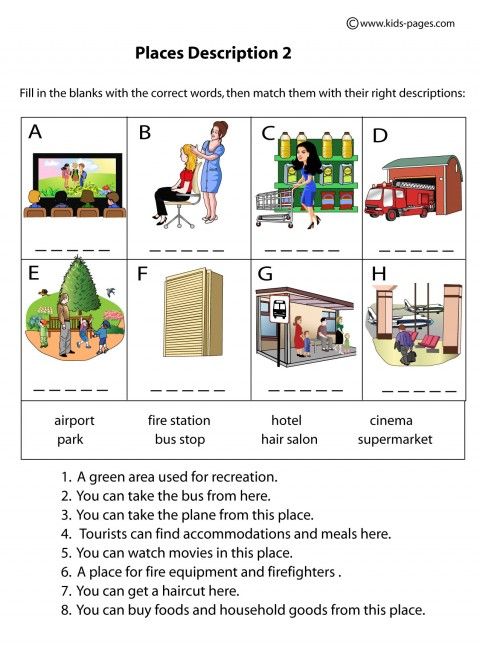 Teachers work with a wide range of students from various backgrounds. There are a few things they should be aware of.
Teachers work with a wide range of students from various backgrounds. There are a few things they should be aware of.
For example, if a child has been diagnosed with Autism Spectrum Disorder but is high functioning, they should be aware of this. It may assist them in addressing the individual’s requirements or simply provide background knowledge that is useful.
Description Letter
This letter of description does not have to be formal. It can be well-written, with proper language and spelling, but it can also be used simply as a pleasant remark. Mr. or Mrs., please accept my heartfelt greetings. Then there’s their surname. Even in a letter, don’t address a teacher by their first name.
first paragraph
The first paragraph should include information on the child or oneself, including any fascinating details. Always keep the tone of the letter lighthearted, and mention how excited everyone is to begin the new school year.
This can assist establish a positive relationship with the teacher and allow them to see the child/student in a different light than if they had only met in class.
Teacher Are Always Looking For New Projects
Teachers are always on the lookout for fresh projects or activities that would appeal to the students. This can be quite helpful in planning if you include some of the child’s interests.
Teaching children of any age is difficult; however, by include activities that they enjoy, you may make the day go by faster and easier.
If Johnny or Susie is a reader, make sure to mention it. They may be called on by the teacher more frequently than someone who is not as comfortable reading aloud.
On the other hand, if a college student is embarrassed to be called on in class, including this information in a letter may be beneficial in ensuring a positive learning experience.
Tone Of The Letter Should Be Friendly
The tone of the letter should be warm and optimistic, and it should congratulate the teacher on the upcoming school year.
Close the letter by emphasizing how eager you are as a student to be involved, or how eager you are as a parent to stay involved in your child’s education.
Declare that the goal of this letter is to improve your educational experience. Here’s an example of a letter to a teacher introducing your child.
Sample Letter To Teacher Describing Your Child
DATE
Mrs. Ruth
189 Green Tree Lane
Columbus, Ohio 43208
Dear Mrs. Ruth,
I wanted to express my excitement for the beginning of the [YEAR – YEAR] academic year. My son, Steven, is delighted to be in your class since you are the teacher he has been looking for.
Steven is a bright young man who enjoys reading and has always received excellent grades.
He is constantly willing to assist and is always on top of his schoolwork. While Steven is a fantastic student, he does have a few obstacles that I thought you should be aware of.
He was first adopted by my hubby and me in [YEAR]. While this has aided him in learning and growing, it has also terrified him.
There is a tiny cognitive delay that we must deal with, and this delay can be challenging at times.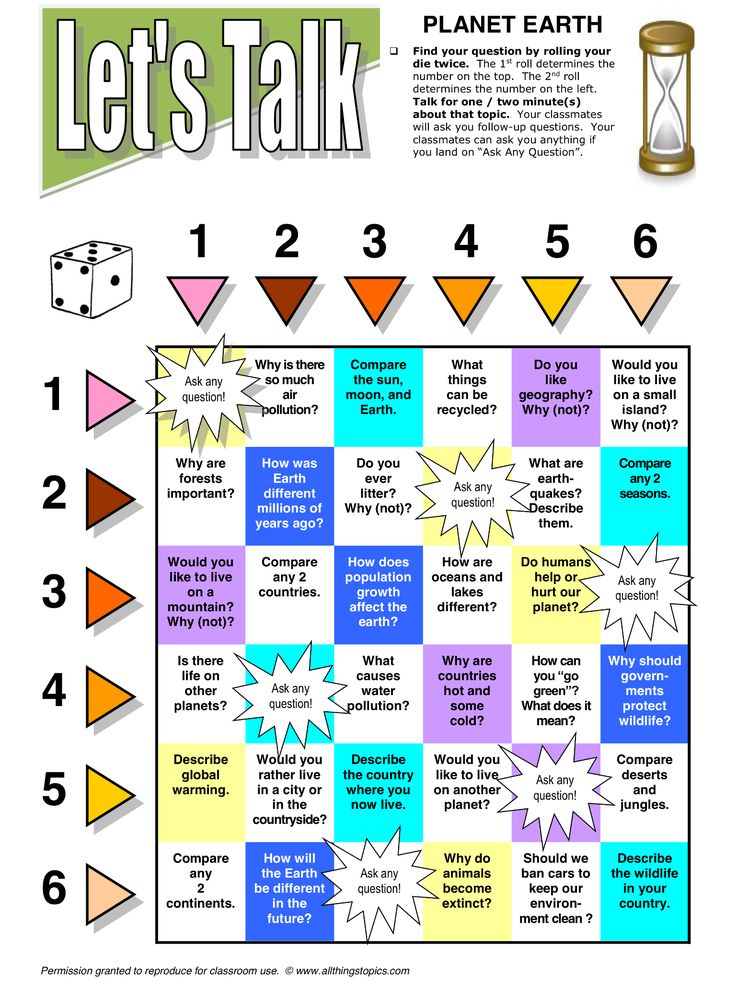 If the work is too difficult or he is frustrated, he may frequently cry on the floor.
If the work is too difficult or he is frustrated, he may frequently cry on the floor.
While throwing these anger tantrums, he is frequently found in the fetal position, rocking. Steven’s behaviors are managed with medicine, which he receives from his psychiatrist and medical doctor.
While this may sound negative, Steven is, on the whole, a joy to be around. His small mind couldn’t cope with the abuse he was subjected to, and when faced with adversity, sections of it simply shut down.
Please contact me if you have any queries or concerns. I want you to know that in your classroom, we will work with you and support you completely. It may be required to send home an assignment book every night to keep us both on track.
This has been done before by other teachers, and it appears to work well. I’m excited to collaborate with you and make this the best school year ever!
Sincerely,
Janet Jackson
we write informal letters in English
Correspondence is an old way of communication, which even now, in the age of modern technology, does not lose its relevance.
Do you agree that letters written by hand and sent by mail have their own special magic?
In England, a good tradition of exchanging letters has been preserved to this day. It can be congratulations on important events in life, invitations to a meeting or just a letter of gratitude. There are no hard and fast rules on how to write such letters. But still, there is a certain etiquette that should be observed when writing personal letters.
In this article, you will learn the rules for writing and formatting informal letters in English. Get acquainted with the structure and types of letters in English, as well as find live examples and templates with translation.
Types of informal letters
Among personal letters, there are several main types, or rather, reasons for writing them:
- Congratulations on your wedding day, birthday, child birth, university graduation, etc.
- Invitation to a wedding, housewarming or other celebration
- Thanks for an invitation, favor or good advice
- Reject invitation
- Apology or condolence
The structure of the letter
The structure of a personal letter is simple and consists of several main parts:
Address
You can address the addressee by their last name or first name if you are close to them.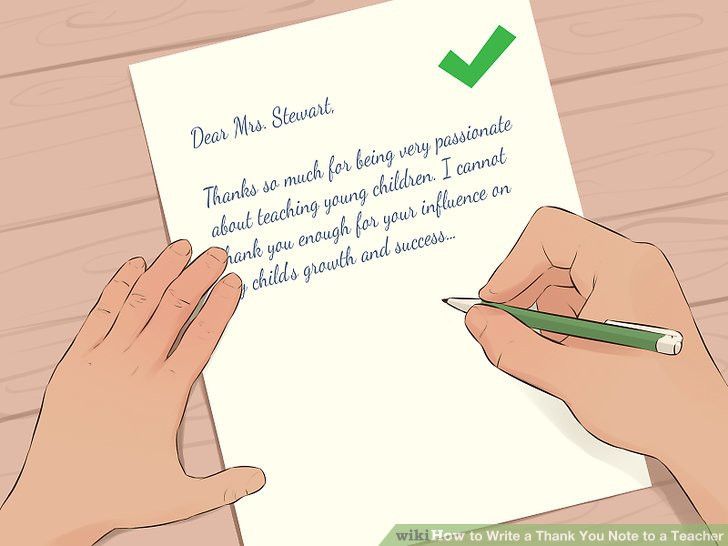 The choice of address depends only on the degree of your acquaintance with the addressee and can be anything. The most common options:
The choice of address depends only on the degree of your acquaintance with the addressee and can be anything. The most common options:
- (My) dear...
- (My) dearest ... - (My) dear ... / (My) dearest
- Dear Mr. Brown - Dear Mr. Brown
- Dear Kate
A comma or an exclamation point is placed after the appeal, and the letter itself continues with a new paragraph.
Note: Dear sir / Dear madam are used only in formal or business letters, and also when we do not know the name of the person to whom we are writing.
Remember that, unlike in Russian, in formal letters it is considered bad form to put an exclamation point after the address. So, a note to a friend might start with "Dear John!..", but in a wedding invitation, it's better to write "Dear John,.."
Introductory phrase
This is a short sentence after the appeal, in which you need to indicate the main purpose of the letter or the reason why you are writing to the addressee.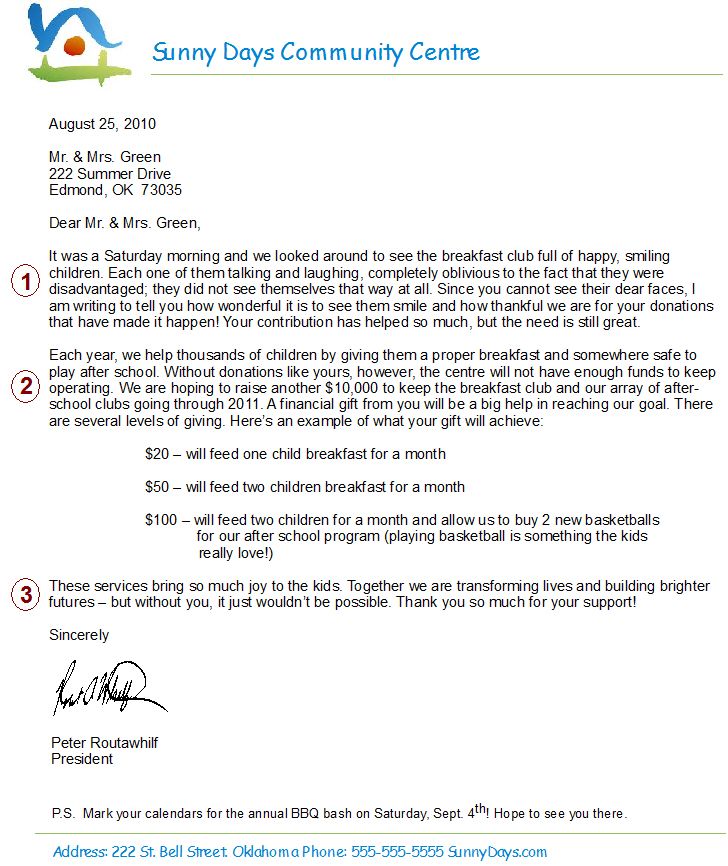
The introductory phrase can be gratitude for an invitation to a holiday, a request for a meeting, and so on. With this phrase, we indicate our intentions regarding the recipient of the letter.
Main body
A few paragraphs in which you can reveal the purpose of the letter in more detail. They are free-form and may contain clarifications, the time and place of the meeting, or other important information.
Note: In official correspondence, it is not advisable to use abbreviations of auxiliary verbs, such as don't, it's, etc. Use the full form: do not / it is, etc. The same rule applies to invitations to events, congratulations, and other types of formal letters. If you are writing to a close friend or loved one, abbreviations are quite acceptable.
Conclusion
One or two sentences summarizing the letter. In conclusion, you can express your intention to continue the correspondence or ask the addressee for an answer if you are sending an invitation to a meeting or event.
Farewell and signature
Similar to the address, it is better to choose the signature and the final phrase based on the degree of closeness of the relationship with the recipient. The most common and universal phrases:
- Love / With love / With all my love / Lovingly yours / Lovingly / All my love - With love (Loving you, your loving)
- Yours ever / Ever yours / Always yours - Always yours (your)
- Sincerely yours / Yours sincerely / Sincerely / Yours - Sincerely yours
- Faithfully yours / Faithfully - Regards
- Best wishes / With best wishes / (Best) regards - With best wishes
- Cordially yours / yours cordially - Cordially yours
- Devotedly yours / Truly yours / Yours truly - Devoted to you
- Your very sincere friend - Your sincere friend
- Lots of love / kisses
Any phrase is followed by a comma and then the sender's name on a new line.
Rules for writing letters in English and postal etiquette
Here are some simple guidelines that are universal for both personal and any other mail correspondence:
- Be polite and not overly emotional
Whether you are writing to a friend in London or responding to an invitation to a party, be nice and friendly. Even if you refuse a request to the addressee, do it politely. Also, do not put a lot of exclamation marks and smileys in emails.
Even if you refuse a request to the addressee, do it politely. Also, do not put a lot of exclamation marks and smileys in emails.
- State the purpose of the letter from the beginning and write coherently
Briefly express the main idea and purpose of the letter in the first lines - this will help the addressee better understand what you want from him. In addition, you should not “jump” from thought to thought and write incoherently. Think over the text of the letter in advance and disclose the main ideas briefly and one after another.
- Break your letter into paragraphs and don't overuse long sentences
Large text is much easier to read when it is broken into short passages with the main ideas. Do not overload the letter with long and complex sentences - it is better to break such phrases into several parts. The meaning will not suffer from this, but the structure of the letter will improve significantly.
- Write well
It seems to be a simple and understandable recommendation, but many people ignore it.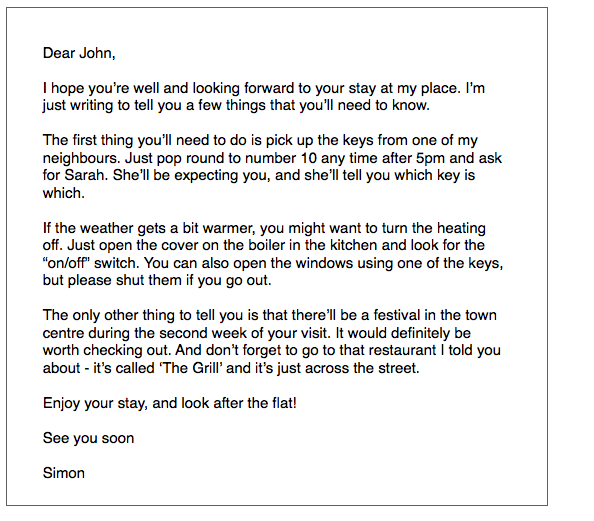 Do not forget to read the letter again before sending: nothing spoils the impression like mistakes. Especially if you make a mistake in the name of the recipient.
Do not forget to read the letter again before sending: nothing spoils the impression like mistakes. Especially if you make a mistake in the name of the recipient.
Phrases for personal letters for all occasions (in English with translation)
Thanks in response to the last letter and continuation of correspondence:
Thank you so much for your warm letter… — Thank you so much for your warm letter…
Many thanks for your kind and warm letter - Thank you very much for your kind and warm letter ...
I received your letter yesterday ... - Yesterday I received your letter ...
I was delighted to receive your letter
I appreciate your kind words
It was nice to have a letter from you after so long and to hear that…
I have just received your letter and ... - I just received your letter and ...
This morning, to my great astonishment, I received a letter from you - This morning, to my great surprise, I received a letter from you
So much has happened since I wrote you
What a long time it has been since we last met! How long has it been since we last met!
It’s been a long time since I heard from you and I am anxious to know how you are getting on
As soon as I heard.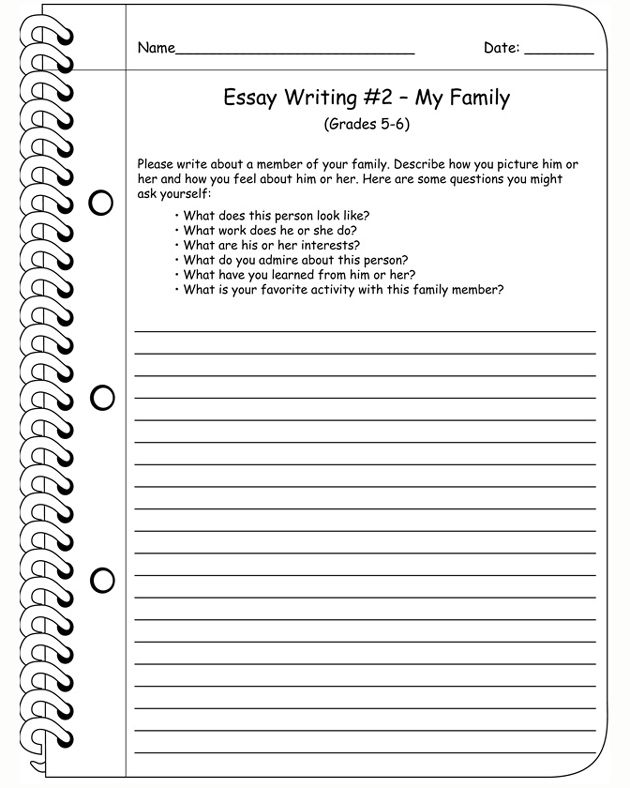 ..
..
How are you these days? — How are you doing now?
You will be wondering why it has taken me so long to reply...
Now that I am finally able to sit down and write you again...
By now everyone in the world except me seems to have written to congratulate you, but I have been…
I have delayed answering this letter because...
I am so pleased that you…
I am writing you…
I have not heard from you...
How nice to hear that you...
Thanks for a gift or meeting:
This is just a brief note to thank you for… — This is just a short note to thank you for...
I don't know quite how to thank you for...
I am sincerely grateful to you for...
How very kind of you to remember my birthday and what a lovely present! “How nice of you to remember my birthday, and what a lovely gift!”
Now that I am back home I want to write straightaway and thank you for…
I regret very much that I did not have an opportunity to thank you personally for.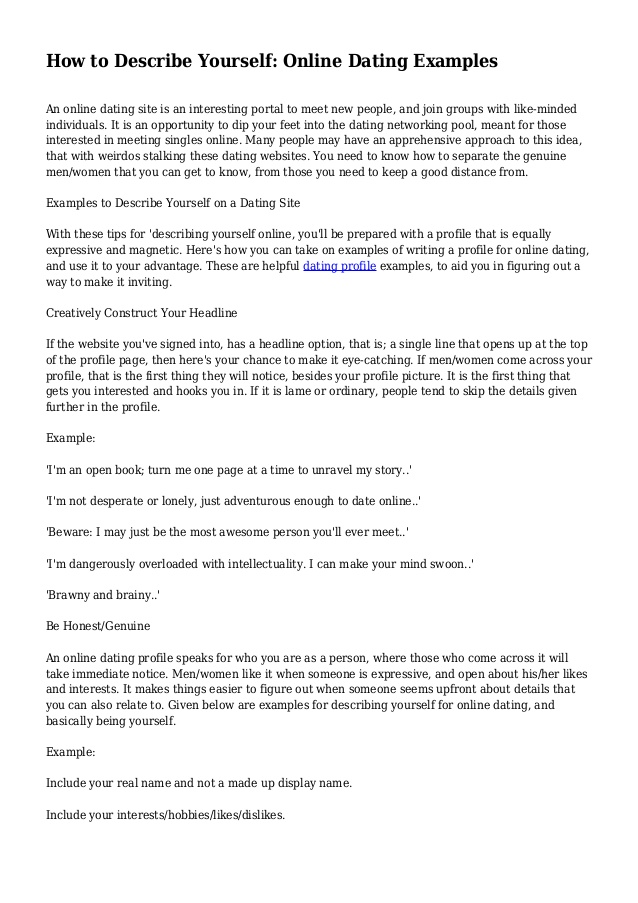 ..
..
What exciting / wonderful / thrilling / happy news! What exciting/wonderful/exciting/exciting news!
What a pleasant surprise! What a pleasant surprise! / What a pleasant surprise!
Ask for a favor:
I should be grateful if you would…
I want to ask you for a very great favor
Could you do me a favor? — Could you do me a favor?
I hope you will forgive me for troubling you, but it has occurred to me that you are the only person who may be able to help me could help me
Please forgive me for troubling you but I would be very grateful if you would help me in a very delicate matter
Apologies and condolences:
I am terribly sorry that I could not meet you as planned I was sorry to learn that…
Please accept my deepest / sincere condolences
There are no words that can express my great / deep sorrow about...
I was extremely / terribly sorry to hear of…
We were very sorry to hear about your loss
I feel I must write to tell you how very sorry I am…
Letter to a stranger or pen pal:
You don't know me so let me introduce myself
I obtained your name and address from . .. - I received your name and address from ...
.. - I received your name and address from ...
I am writing because as I understand you would like to have a pen friend in my country - I am writing because, as I understand it, you would like to have a pen friend in my country.
Phrases to complete a letter:
Please write soon
I am looking forward very much to hearing from you
You have no idea how much I am looking forward to hear anything from you
I hope to have a letter from you before long - I hope to receive a letter from you soon
I would be delighted to hear about you
I would appreciate an early reply
Please write and tell me all the news of…
I am looking forward to seeing you and will keep all my news until then - I really want to see you and therefore I will not talk about any news before the meeting
Please write to me before long if you have time
I enclose a stamped, addressed envelope for your reply
Wishes and expressions of love:
All the best! - All the best!
Best of luck to you! - Good luck to you!
With all good wishes! - With best wishes!
With best wishes from all of us on… - Best wishes from all of us on the occasion of…
Take care of yourself
Give my love to…
I will love you forever - I will always love you
Kiss the children for me - Kiss the children for me
My thoughts are always with you - My thoughts are always with you
All your old friends send their love - All your old friends send their heartfelt greetings
I want you to know I am thinking of you
Apologies and requests:
Please forgive me for troubling you this way
I do hope you will accept my heartfelt apologies
Edward joins me in apologizing for troubling you and we both send you our best wishes
Forgive me for having to write such a letter, but, believe me, I have no alternative
Please forgive me, but my decision is quite irrevocable
While I greatly regret the inconvenience, I am sure you will understand it was due to circumstances quite beyond my control
If you do not reply within two weeks, I will have to change my mind and… — If you do not reply within two weeks, I will be forced to change my mind and…
Let me know what you decide
I am sorry to bother you with this, but I don't know what to do
I don't know what I would do without you
You know you can always count on me
Please let me know what I can do to help
Please call on me if there is anything I can do to help
Love letter: how to write about your love
Do you want to confess your love? We know how difficult it is sometimes to express the depth of your feelings on paper, but there are some beautiful phrases that will help you write a romantic letter:
I'm yours
I adore you
There is no other like you
You complete me
I love you from the bottom of my heart
I yearn for you - I yearn for you
I'm under your spell
You've put a spell on me
I was smitten with you
You make me feel young again
With you, forever won't be too long
If you need to hear why I love you, I can go on all night
I love you not only for what you are, but for what I am when I'm with you - I love you not only for who you are, but for who I am next to you
I love you more and more every day - Every day I love you more and more
I cherish you above anything else in my life
I'm more in love with you today than I was yesterday - I'm in love with you today more than yesterday
Examples and samples of letters in English with translation *
Letter of invitation:
Dear Kate and Nick,
We are looking forward very much to your visit to our country this summer.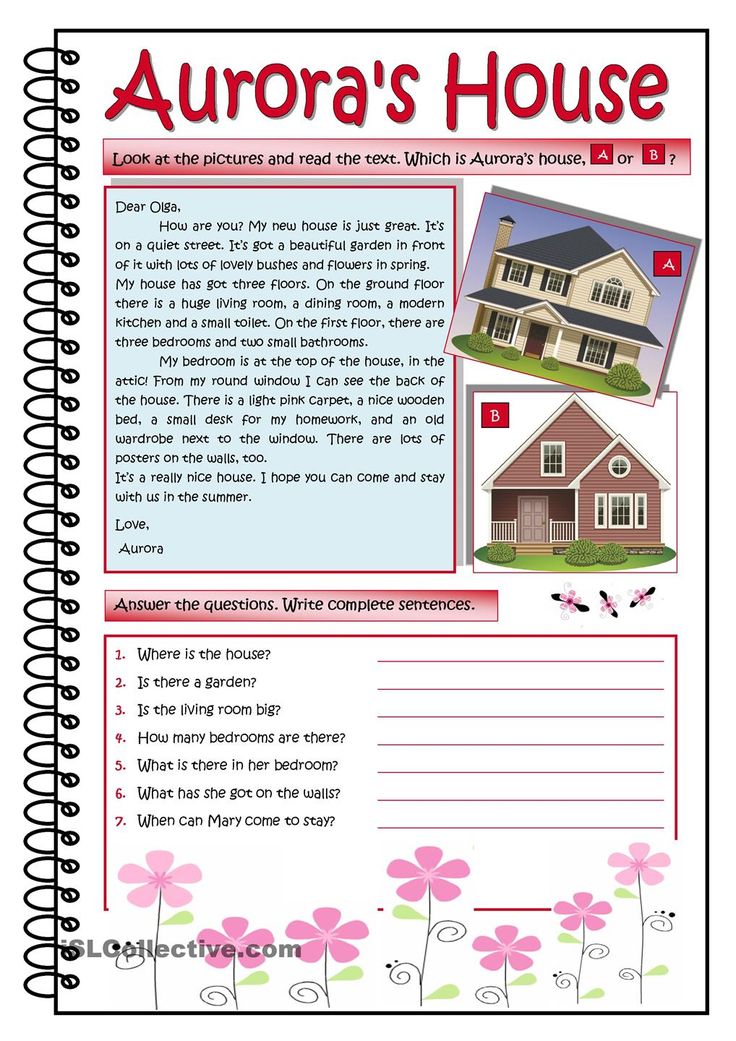 We are expecting you at the beginning of July and are hoping that you may stay until the end of the month or longer.
We are expecting you at the beginning of July and are hoping that you may stay until the end of the month or longer.
We consider it a privilege for us to receive you as guests in our house. We are very grateful indeed to you for consenting to come and stay with us. We are looking forward to offering you hospitality in return for the hospitality you have kindly given us on many occasions.
We want you to understand that we will see to all your needs while you are with us and to any expenses that may arise.
Yours sincerely,
John and Mary
Dear Kate and Nick!
We look forward to seeing you this summer. We are waiting for you at the beginning of July and hope that you will stay with us until the end of the month or longer.
It is a great honor for us to host you at home. We are very glad that you agreed to come and stay with us. We want to return you the same hospitality that you have kindly shown us more than once.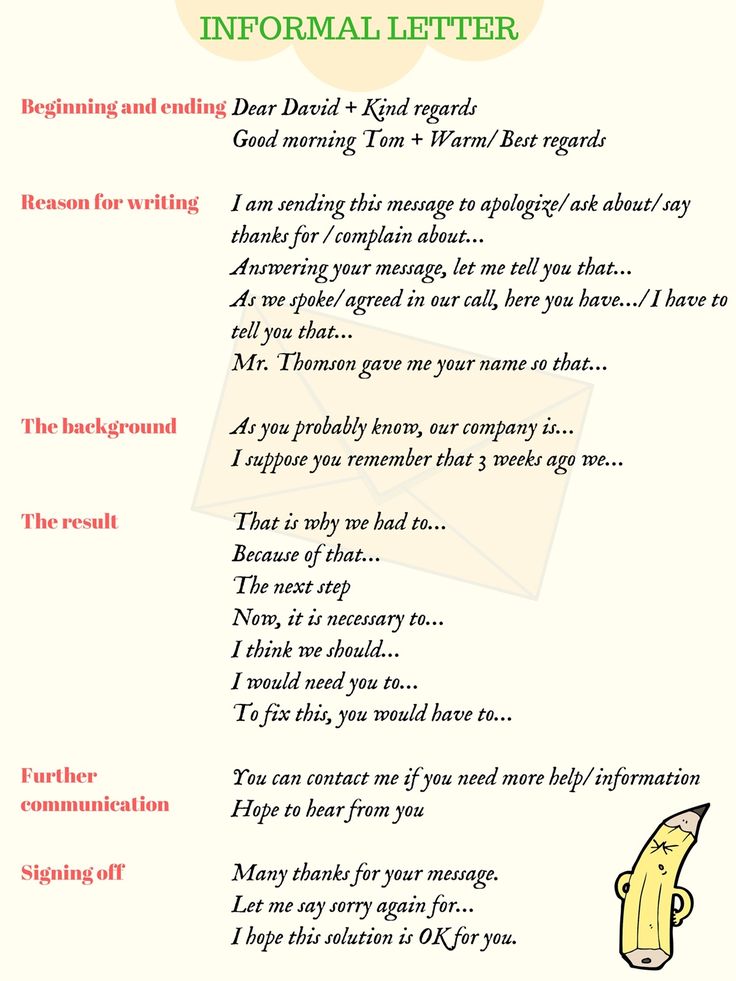
You should be aware that we will provide you with everything you need during your stay with us, including financial costs that may arise.
Yours sincerely,
John and Mary
Answer to the invitation:
Dear John!
It is very kind of you and your wife to offer to invite us to stay. I hope we won't cause you too much trouble. London is a city I have heard so much about, and I am delighted at the chance to see it.
Once more lots of thanks. See you in July!
Yours cordially
Jack
Dear John and Mary!
It was very kind of you and your wife to invite us over. I hope we don't cause you too much trouble. London is a city I've heard a lot about and I'm glad to be able to see it.
Thank you very much again. See you in July!
Yours cordially,
Jack
Thank you letter for a good time:
Dear Mark,
Now that I am back in Moscow, I feel that I must write to thank you most warmly for all your kindness and hospitality shown to me in Dallas.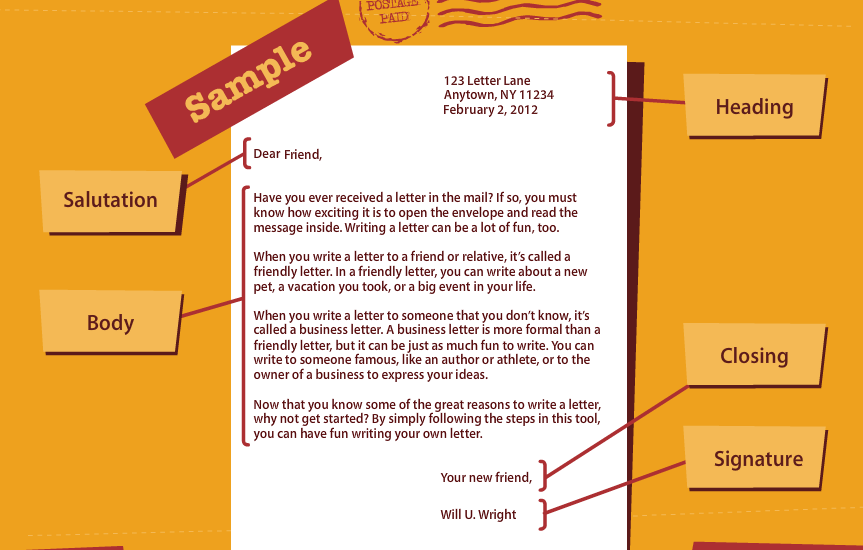 It was a great pleasure to meet such nice people as you and your wife.
It was a great pleasure to meet such nice people as you and your wife.
I hope that before long I shall be receiving you in Moscow.
Let me thank you once again.
Yours sincerely,
Anton
Dear Mark!
Now that I'm back in Moscow, I feel I must write to you to thank you from the bottom of my heart for all your kindness and hospitality shown to me in Dallas. It was very nice to meet such nice people as you and your wife.
I hope that soon I will be able to host you in Moscow.
Let me thank you again.
Yours sincerely,
Anton
Letter to a friend:
Dear Edward,
I shall be in London for a couple of days next month, and I was wondering if we could meet together. We haven't seen each other for ages and I am very anxious to hear how things are with you.
What about Monday, April 7? If this would suit you I suggest we meet at the entrance to my hotel, which is "Armour Inn", at 12. 30.
30.
Please let me know if this is convenient for you.
Yours,
Lucy
Dear Edward!
I'm going to London for a couple of days next month and thought we might meet. We haven't seen each other for ages, and I'm very worried about how things are going for you.
How about Monday, April 7th? If it suits you, then I suggest meeting at the entrance to my hotel
Armor Inn at 12.30.
Please let me know if this option suits you.
Your Lucy.
Dear Charles,
It was good of you to think of writing to me, and I appreciate it very much.
I am indeed keeping well and enjoying comparative leisure. I try to divide my time about equally between reading and recreation.
The weather here in St. Petersburg has been rather changeable lately. In the morning the sun shines warmly, but by noon the sky clouds over and it usually starts to rain.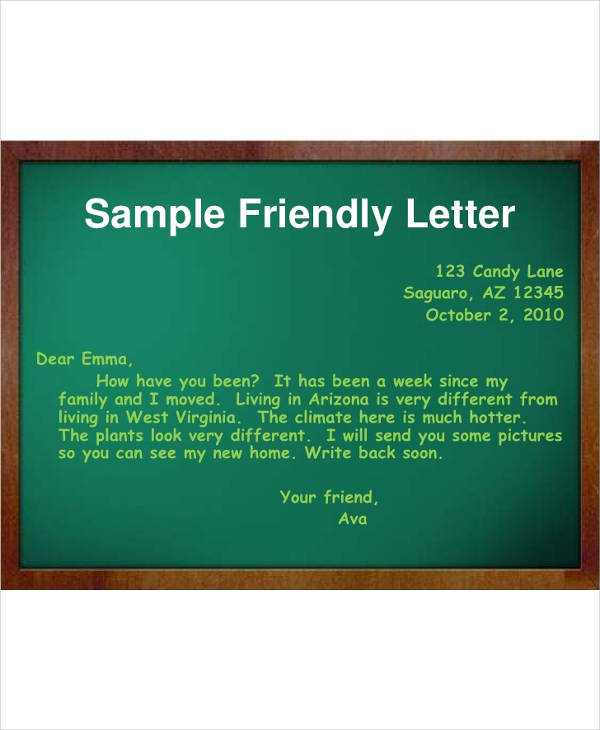 Sometimes a storm blows up, but it never lasts very long.
Sometimes a storm blows up, but it never lasts very long.
It must be very hot now in Europe, so take care of yourself.
Best regards.
Your friend,
Ivan
Dear Charles!
What a fine fellow you are for writing to me, I am very grateful to you.
I feel well and enjoy relative idleness. I try to do the same and read and have fun.
The weather here in St. Petersburg has been constantly changing lately. The mornings are warm and the sun is shining, but by noon the sky is overcast and it usually starts to rain. Sometimes there are thunderstorms, but they pass quickly.
It must be very hot in Europe right now, so take care of yourself.
Best regards.
Your friend,
Ivan
Congratulations:
Dear Mabel and Kevin,
Best wishes for a merry Christmas! I wish you a happy and healthy New Year.
Yours sincerely,
Joe
Dear Mabel and Kevin!
Best wishes for a Merry Christmas! I wish you happiness and health in the New Year.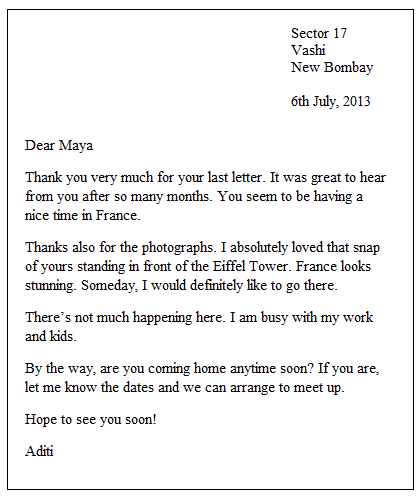
Yours sincerely,
Joe
Dear Isabel,
It seems only yesterday that you told me that you were engaged, and now you are married! I haven't met George, but from your letters I know that both of you will be happy.
Congratulations to George and my best wishes to the two of you for a marriage filled with all the good things in life.
Tenderly,
Mary
Dear Isabelle!
It seems like only yesterday you told me about your engagement, and now you are already married! I don't know George, but I understand from your letters that both of you will be happy.
Congratulate George for me, I wish you all the best in your married life.
With tenderness,
Mary
Apologies:
Dear Leonard,
I must apologize for not writing sooner. I have been kept busy lately preparing for my exams. The last of my exams was successful yesterday, and now I am comparatively free again. I will try to keep in closer touch with my friends, and with you in particular.
I will try to keep in closer touch with my friends, and with you in particular.
Yours,
Lana
Dear Leonard!
I'm sorry I didn't write to you earlier. Recently, I have been busy preparing for exams. Yesterday I successfully passed the last exam and now I am relatively free. I will try to communicate more often with friends and with you in particular.
Your Lana
Dear Frank,
My behavior at your house was deplorable. I can assure you that it will not happen again. I was wrong. I have no excuses.
I am very sorry.
Yours sincerely,
mark
Dear Frank!
My behavior in your house was bad. I can assure you that this will not happen again. I was wrong. I have no excuses.
I beg your pardon.
Sincerely yours,
Mark
Requests:
Dear Henry,
How are you these days? I haven't heard from you for ages. I am writing to you because I really need your help. I am thinking of coming to Britain this summer to improve my English, and I would like to stay for about two months. Naturally I can't afford a two months' holiday, and I am wondering if you know of any jobs I could apply for.
I am writing to you because I really need your help. I am thinking of coming to Britain this summer to improve my English, and I would like to stay for about two months. Naturally I can't afford a two months' holiday, and I am wondering if you know of any jobs I could apply for.
I am sorry to bother you with this. I have no idea where to make inquiries myself. It would be a great help if you could put me in touch with a firm or agency that I could write to.
Your friend,
Said
Dear Henry!
How are you? Haven't heard from you in ages. I am writing to you because I really need your help.
I am thinking of going to the UK this summer to improve my English and would like to live there for a couple of months. Naturally, I can't afford a two-month vacation, and I'm wondering if you have any idea of a place where I could work.
I'm sorry to bother you, but I myself have absolutely no idea where to turn.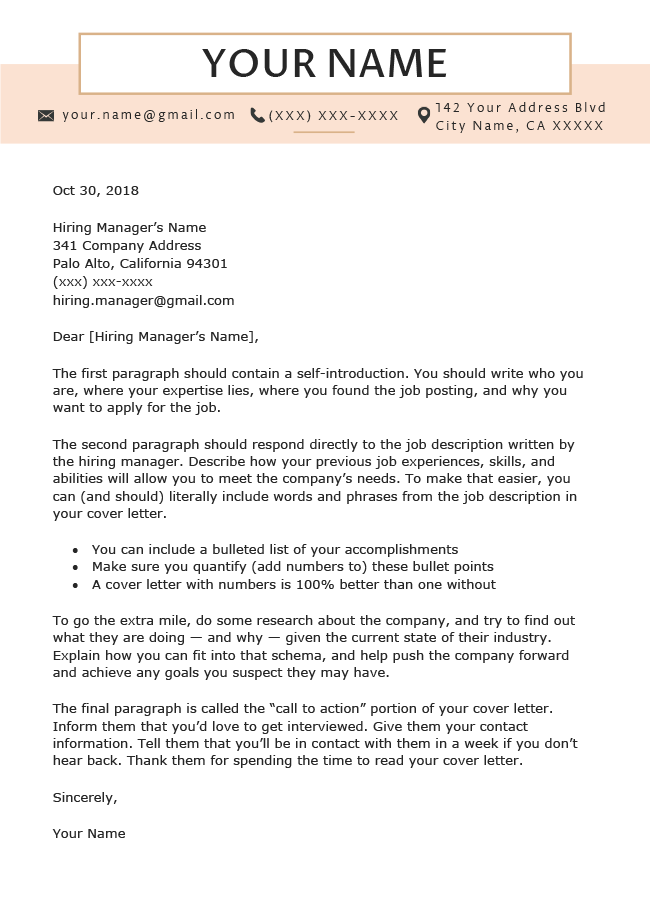 It would help me a lot if you could put me in touch with a firm or agency where I could write to.
It would help me a lot if you could put me in touch with a firm or agency where I could write to.
Your friend,
Said
Condolences:
Dear Mr. Hailey,
We are deeply saddened by the news of your father's death. He was one of the best men, a fine citizen, a loyal friend, and a hearty companion. We all knew him well and loved him like a brother. Our family mourns with you.
Yours sincerely,
John Lewis
Dear Mr. Hailey!
We are deeply saddened by the news of your father's death. He was a good man, an excellent citizen, a true friend and a sensitive comrade. We all knew him well and loved him like a brother. Our family mourns with you.
Yours sincerely,
John Lewis
Now you know how to write a personal letter in English for any occasion. Practice more and you'll be fine!
Yours sincerely,
Puzzle English
*From L.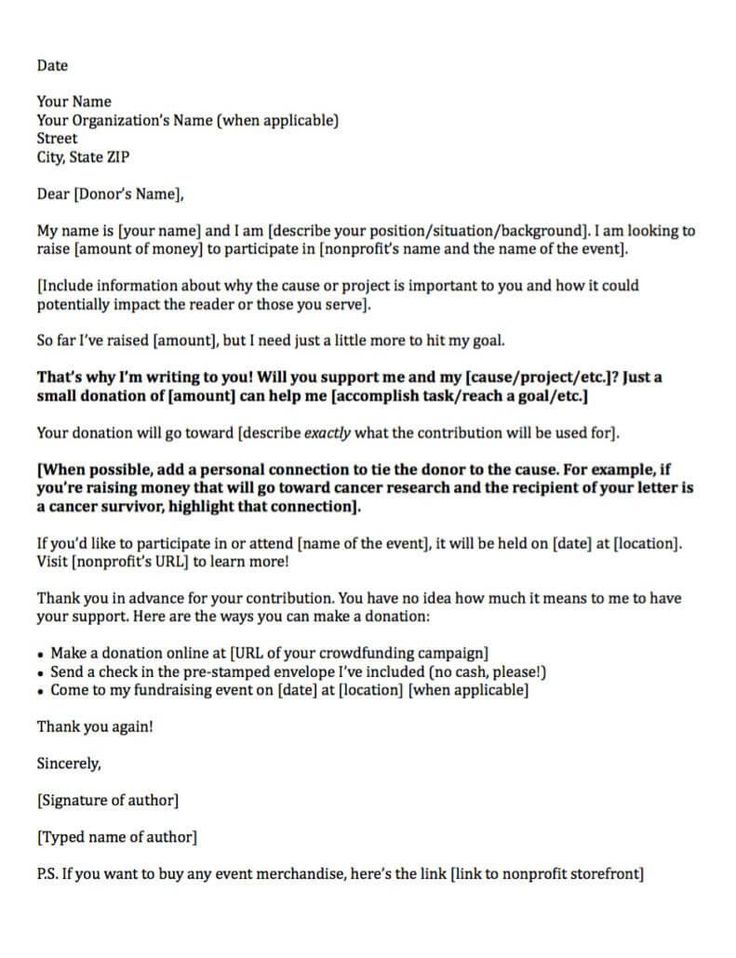 P. Stupina "Letters in English for all occasions"
P. Stupina "Letters in English for all occasions"
Teaching children to write
Today you can hardly find a person who would not know how to write. But the memory of the times when people not only did not know how to do this, but did not have the slightest literacy at all, is still fresh. However, even among the vast majority, there were always those who were trained in both writing and literacy. It was to such people that honest people came to make notes, read documents and perform other equally important deeds and tasks. But more interesting is that people who can only write or only read were considered semi-literate.
It's the same now - to be truly literate, you need to be able to read, count and write, and do it all correctly.
At present, literacy can be called one of the indicators of the development and education of a person in general. Many even say that it is on literacy that personal development in general is built. But why is literacy, and in particular literacy in writing, so important for both children and adults?
Contents:
- Why you need to be able to write
- First things to take care of
- Learning steps
- Additional recommendations
- Quotes from famous people about letter
Why you need to be able to write
Answering this question, there are several fundamental reasons that speak about the importance of writing:
- First, the ability to write allows people to understand each other through this very writing.
 When a person says something incorrectly or without knowing how to find words, it is quite difficult to understand him. With a letter, the situation is similar.
When a person says something incorrectly or without knowing how to find words, it is quite difficult to understand him. With a letter, the situation is similar. - Secondly, the ability to write is a manifestation of respect for the traditions and laws of the Russian language and the people as a whole.
- Thirdly, the ability to write is a serious tool with which you can interact with people.
- Fourth, the ability to write allows you to achieve success in learning, as well as simply get a job or engage in some kind of activity related to writing
- And finally, fifthly, the ability to write allows a person to form a first impression about himself. It's about like appearance - when a person is untidy, with an unwashed head and dirty nails (that is, he writes somehow and makes mistakes even in the simplest words), one gets the impression of him, and when he is well-groomed and looks great (in other words, beautiful and writes well) is completely different.
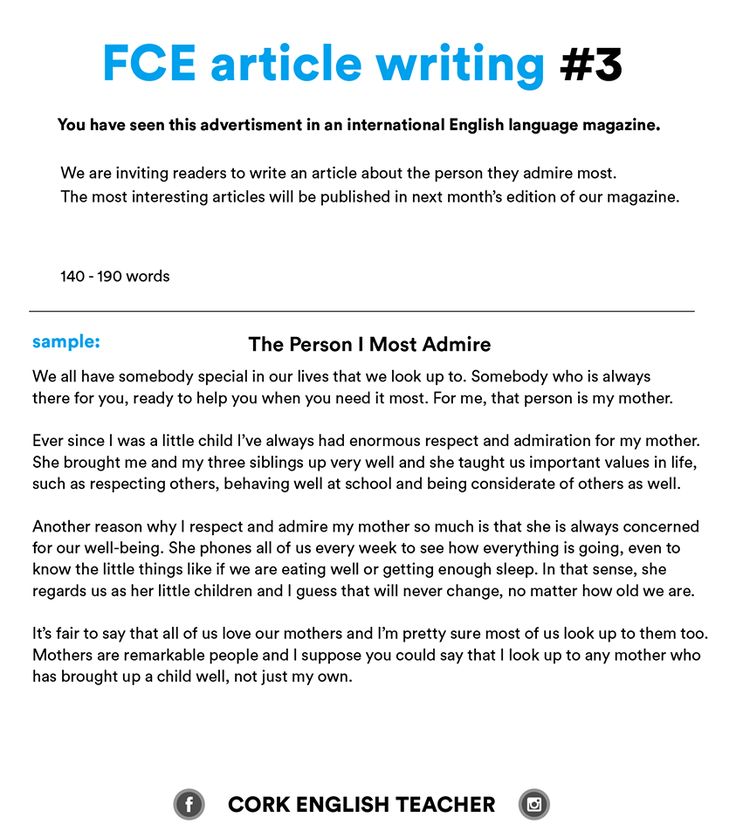
Thus, it is very difficult to overestimate the importance of writing skills. But, naturally, in order for a child to be able to write beautifully, correctly and competently, his education must be dealt with. Yes, it may not be very easy, but it is extremely important. Besides, if you teach your child to read and count, why not teach him to write?
The question of how to do this, many parents ask, while their children are still very small. They are looking for all sorts of ways to teach writing literacy, beautiful handwriting, expanding vocabulary, etc., so that the baby can go to school prepared, achieve great academic success, keep up with classmates, etc. It is for these reasons that from the first years of life, mothers and fathers dilute the daily life of children with various activities and lessons.
In the event that your idea is not a manifestation of ambition or a whim, but a true desire to bring up a healthy, holistic and harmonious personality in your child, the information below is just for you.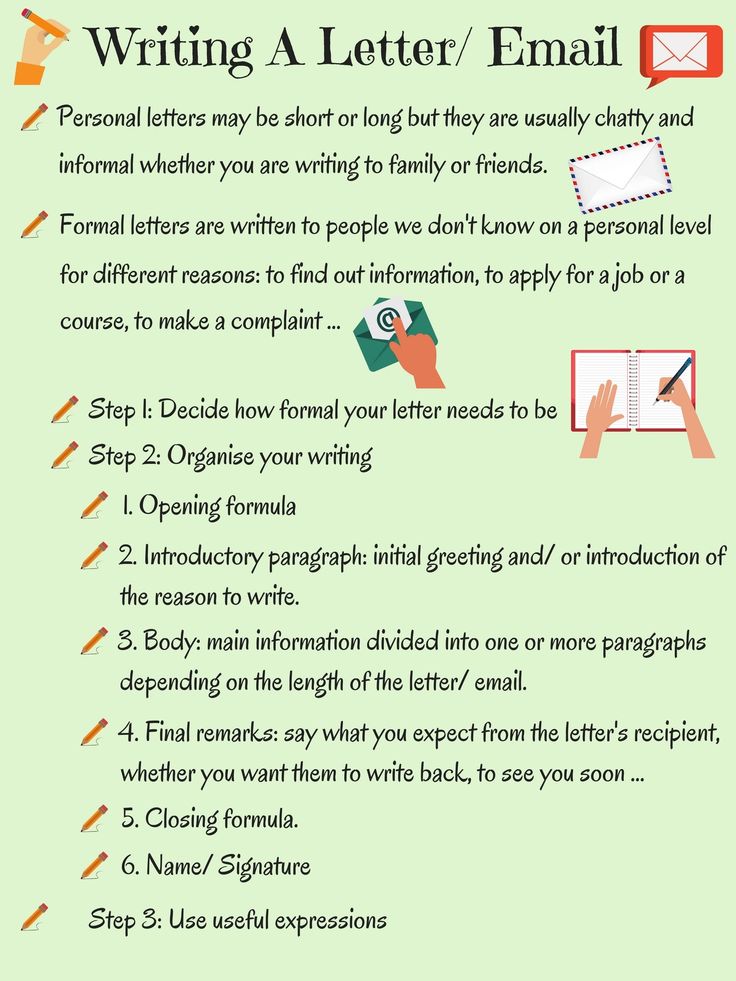
Before you start teaching your child to write, you need to pay attention to one very important point. It is with him that we will begin.
What should be taken care of first of all
during it, their hands cannot cope with the usual manipulation of a pen or pencil. Even if they want to write something specific, they end up with unknown scribbles. The problem is obvious, although at first glance it may not be noticed. It consists in the fact that the child simply has not developed fine motor skills of the hands, because. his parents didn't work with him. This leads to the need for a visit to a specialist in motor development, as well as the fact that the child will have to "catch up" with the material and try to keep up with peers.
Avoid the above parenting omission, because your baby's development depends on it. In addition, classes for the development of fine motor skills are not at all laborious, and for children in general they are one of the favorite pastimes.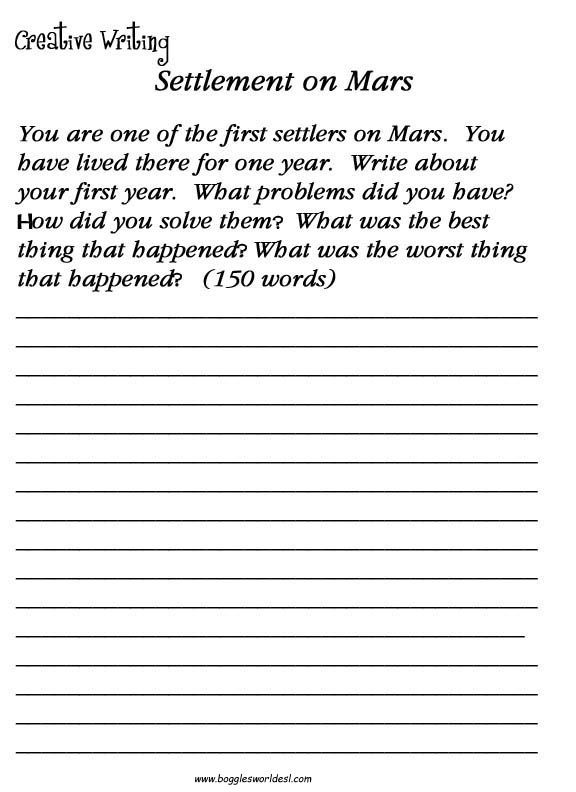 In fact, these activities are ordinary games.
In fact, these activities are ordinary games.
Spend time with the benefit of the child, namely:
- Sculpt together with plasticine. Let the child help you prepare something from the dough.
- Play with your baby with small objects (make sure he does not put objects in his mouth).
- Play with your child with soft rubber toys (make sure he crushes the toys)
- Stick paper appliqués with your baby.
- Learn origami with your child.
- Draw with your baby and color the pictures.
- Create all kinds of compositions together with clothespins.
So, while having fun with your child, you will contribute to the excellent development of fine motor skills of his hands, and at the same time interact and get to know each other better. As a result, by the time recommended for starting writing lessons, your baby will already be prepared, which means he will be able to learn to write. The learning process itself can be divided into three stages.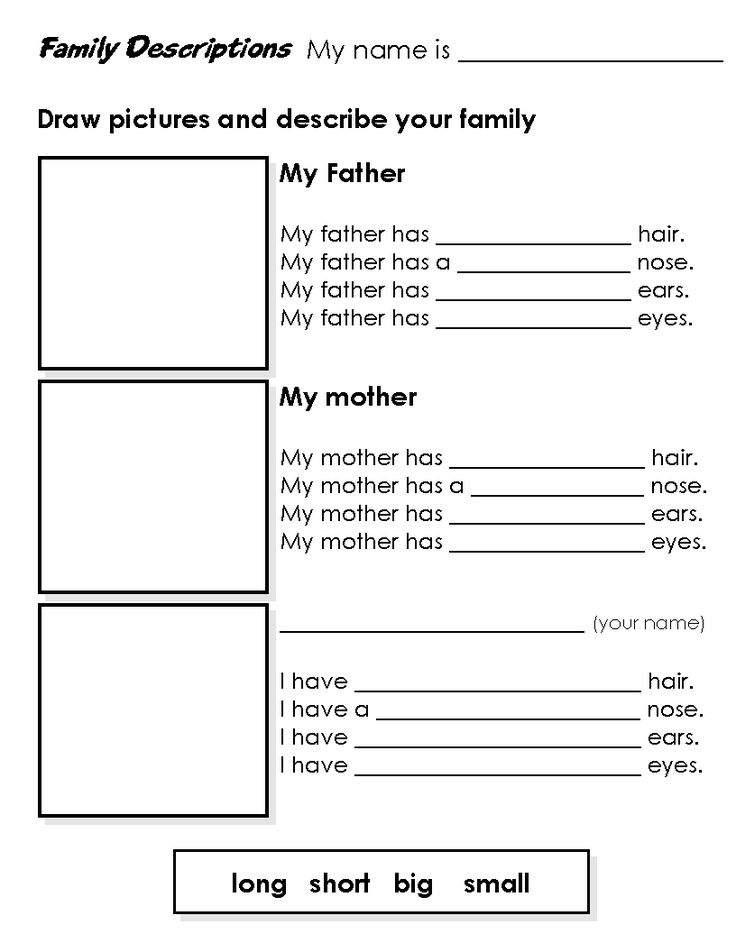
Stages of learning
Anyone who wants to teach their child to write must immediately realize that success will require maximum effort and think over their own methodology. But we will talk more about the methods, but for now we will focus on the stages of training.
Three stages in total:
- Preparatory stage
- Block Writing Stage
- Writing phase
The steps presented are the categorization of educators and pediatricians. By the way, according to them, you should not start teaching a child to write before the age of three - this is still very early. But when the baby crosses this threshold, you can gradually proceed. As for the periods, they must be taken into account. Let's consider the issue in more detail.
1
Preparatory period
Writing will not bring any results if the child cannot perform a few simple but very important actions. Based on this, at the first stage, you need to teach the child:
- sit at the table
- Hold a pen or pencil
- Place notebook on table
- Observe the correct posture for writing (the child should not lean too much towards the notebook)
- Correct orientation in space (in particular - the child should not confuse the sides of the notebook sheet)
- Effortlessly focus on the same activity
Among other things, quite developed fine motor skills, which we have already mentioned, can also be included here.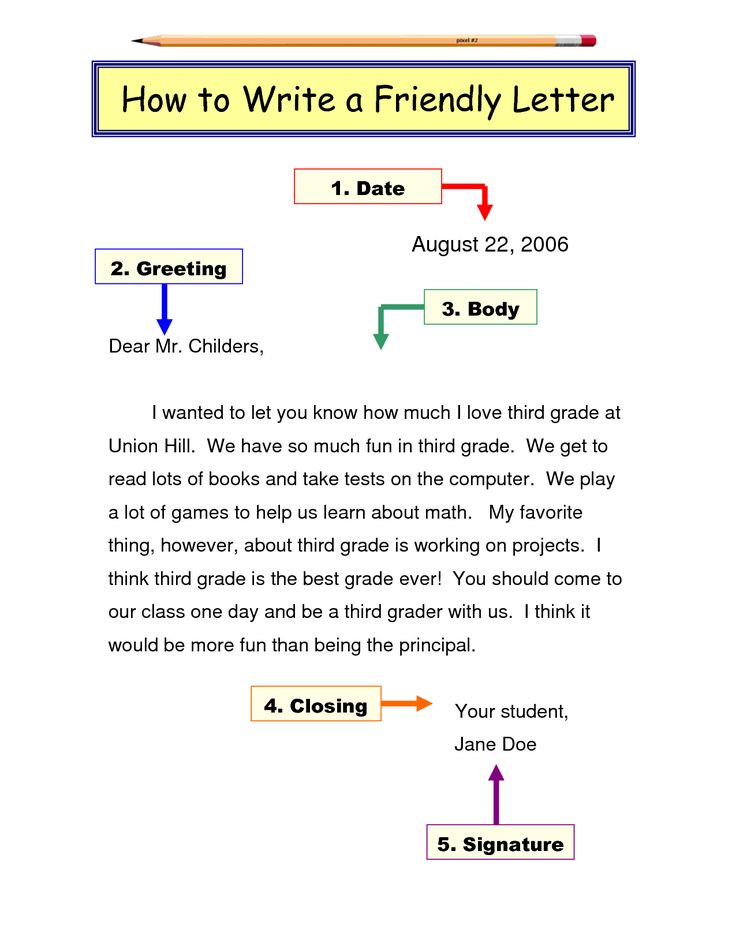 More important is also the fact that by the time he begins his learning to write, the child should already know the letters. This, in turn, indicates the need to study the alphabet before starting classes.
More important is also the fact that by the time he begins his learning to write, the child should already know the letters. This, in turn, indicates the need to study the alphabet before starting classes.
As a rule, the preparatory period corresponds to the age of three to five years.
2
Learning to write in block letters
You will know that the preparatory stage was successful by how your child performs the above actions - each of them should already be familiar to him and just for him. As soon as this happens (in most cases in 5 - 5.5 years), you can safely proceed to the development of printed letters.
Remember: the main task of the second stage is to teach your child how to write in capital and small letters.
3
Learning to write in cursive
In the case of writing in capital letters, the situation is somewhat different. Taking into account the peculiarities (and for children - the complexity) of their writing, it is better to move on to them closer to the school where copybooks are used.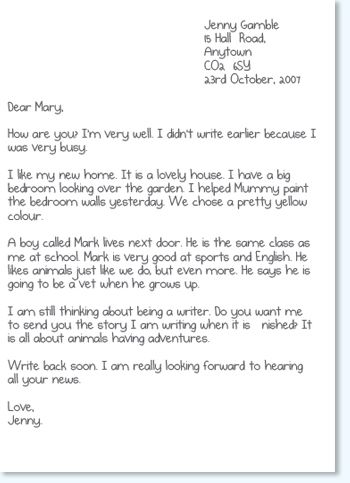 Well, or, in extreme cases, at the senior preschool age, i.e. about five or six years old. It all depends on your decision and the desires and abilities of the child.
Well, or, in extreme cases, at the senior preschool age, i.e. about five or six years old. It all depends on your decision and the desires and abilities of the child.
By organizing the learning process in accordance with these stages, you will make it harmonious, smooth and effective. And having considered the stages of teaching children to write, it will be a high time to talk about the most common mistakes that parents make when they get down to business. Being engaged in the early development of your child, try not to commit them.
Here is a list of the main errors:
- Exercising too long (meaning more than twice a day for 15 minutes)
- Criticism of the child, reproaches, comparison, communication in raised tones, etc.
- Lack of work on the errors made
- Pressure on a child (force, threaten, use the “deprivation” method)
- Lack of time for classes (child's unpreparedness for learning)
- Ignoring the suggested steps (skipping the preparatory step, learning capital letters early)
- Formal and serious approach to classes (for the hundredth time we repeat: the best form of education for preschool children is play)
- Too harsh discipline (when the parent takes over the functions of the teacher, ceasing to be the parent in the first place)
- Irregular and unsystematic classes
When teaching a child to write, always take into account these common mistakes of parents, build your strategy accordingly and practice self-control for prevention.
And in conclusion of the introductory lesson, we want to give you some more tips that will certainly be useful to you in your future practice.
Additional recommendations
These recommendations were not invented by us, but were compiled by one of the most famous Russian academicians, psychologist, Doctor of Biological Sciences, professor and director of the Institute of Developmental Psychology of the Russian Academy of Education - Maryana Mikhailovna Bezrukikh. In her opinion, based on many years of experience, in the process of teaching children to write, the following should be taken into account:
- Writing is one of the most difficult skills to master. It is formed quite slowly, and for a child to master it well, it takes an average of 3 to 4 years.
- Parents should not invent a wheel - the most effective methods can be found in specialized literature.
- To this day, copybooks are considered to be a very effective way to train writing skills.
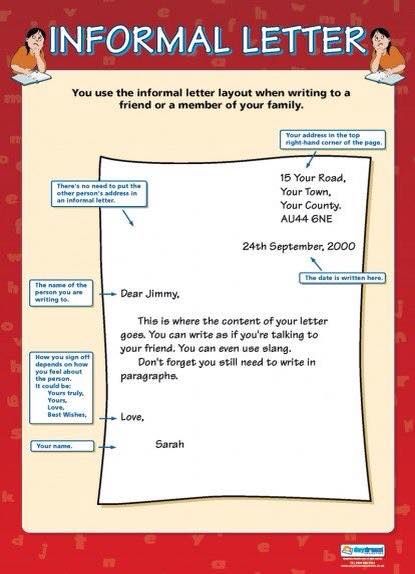 Bookstores sell a huge number of copybooks in the most interesting designs and designed for different ages and levels of development of children.
Bookstores sell a huge number of copybooks in the most interesting designs and designed for different ages and levels of development of children. - At the very beginning of teaching a child to write, checkered paper should not be used. It is best to use albums or (in the absence of such) lined notebooks.
- All information presented to the child must be visualized. To do this, you need to show pictures, write examples, give associations, etc.
- If even with a competent approach, for some reason, the child does not learn to cope with the simplest tasks, it is recommended to seek professional help.
This concludes the first lesson. In the second lesson, we will introduce you to the basic principles and the most popular methods used when teaching children to write. After reviewing them, you will know what can be used, and what will be more effective specifically in your case.
Lesson 1. Basic principles and basic methods of teaching children to write
As it should be understood, the process of teaching children to write is based not only on a certain methodology, but also on specific general didactic principles.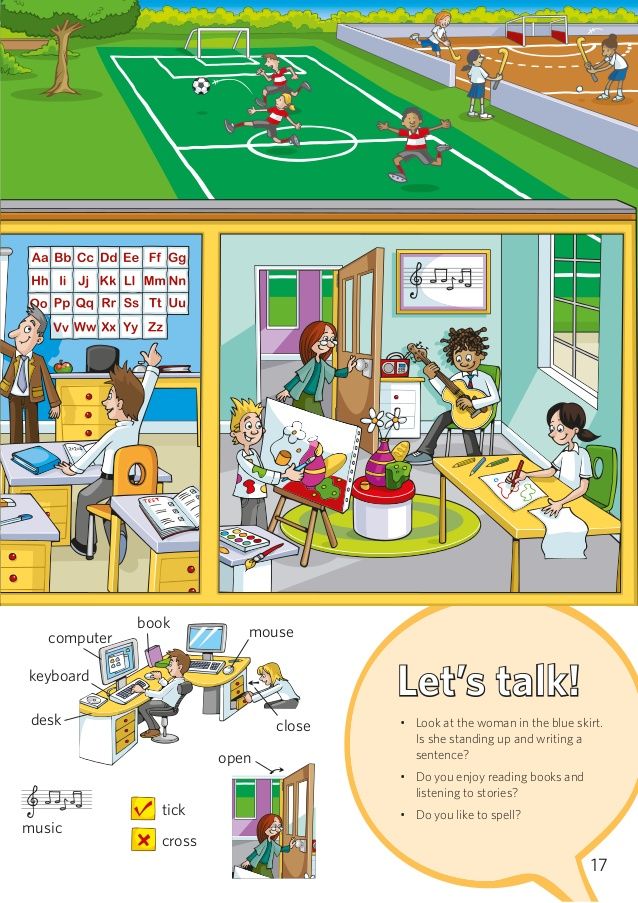
Therefore, first we will talk about them, and then we will talk about the methods.
Lesson 2. How to teach a child to write: preparation, games, tricks, recommendations
Teaching a child to write is a task, albeit difficult, but quite doable, and any responsible parent can do it. The question is rather when to start preschool, because if you start too early, the child may have problems in the future. It is for this reason that the first thing to pay attention to is the development of fine motor skills.
For example, the famous teacher Vasily Sukhomlinsky said that the origins of children's abilities and talents are at the fingertips of children. It is far from a secret that with the development of fine motor skills, the corresponding parts of the brain develop, muscle memory, attention, perseverance are trained, i.e. there is a real preparation for writing. And here you need to "seize the moment" when you need to do everything so that already in the first grade the child can learn more easily.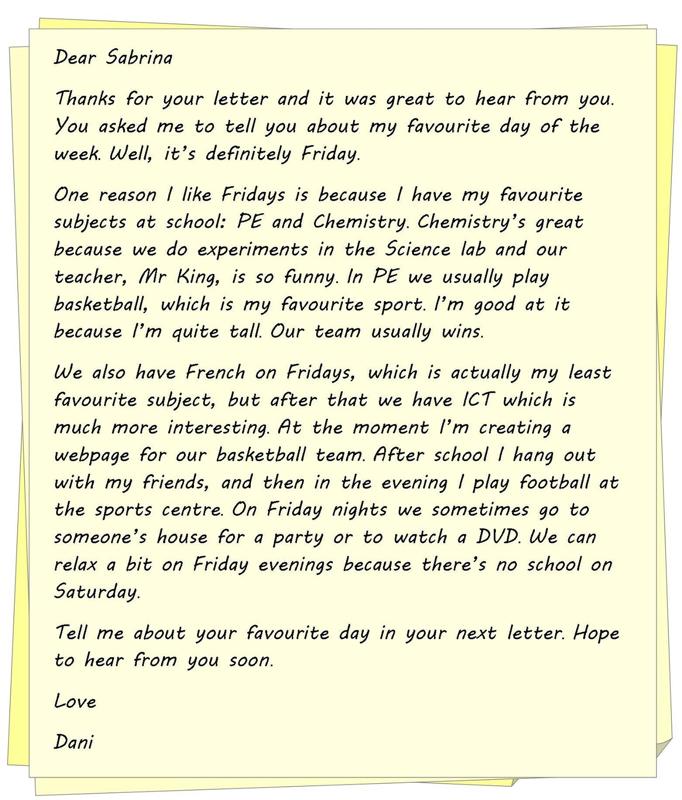
Lesson 3. Teaching writing to the smallest
In the last lesson we started talking about preparing children for learning to write. In the following, we will continue this theme and at the same time move on to the practice of elementary education. As it has already become clear, preparation begins a few years before school. But many parents, in a hurry to quickly start classes, hastily study the methods, but do not pay attention to self-control at all, because. only it allows you to avoid making the most common mistakes. The most important of them is too early start of training.
According to primary school teachers, based on many years of experience, parents should not teach their children to write (especially cursive) at preschool age. And the categoricalness of this opinion, of course, is based on a number of specific reasons: there is only one requirement for this very preschool preparation - that the child knows the alphabet. As for the skill of beautiful writing of letters, everything here - as God puts on the soul - this is not required for "enrollment" in first graders.
But caring parents, in turn, do not want to let the development of their child take its course or shift the responsibility for it onto the shoulders of teachers alone. Therefore, preschool writing classes are far from uncommon. And here we again return to the observations of teachers: it was noticed that children who learned to write at home even before school, when they came to the first grade, often write worse than those who began to master such a difficult skill already at their desks.
Lesson 5. Learning to write correctly and without mistakes
The skill of beautiful and literate writing can safely be counted among the indicators of personality development and individual culture of a person. Unfortunately, from birth, no one has the ability to model letters, follow the rules for writing them and not make mistakes. Only the hard work of parents and the child allows you to develop the ability to write grammatically correctly at an early age.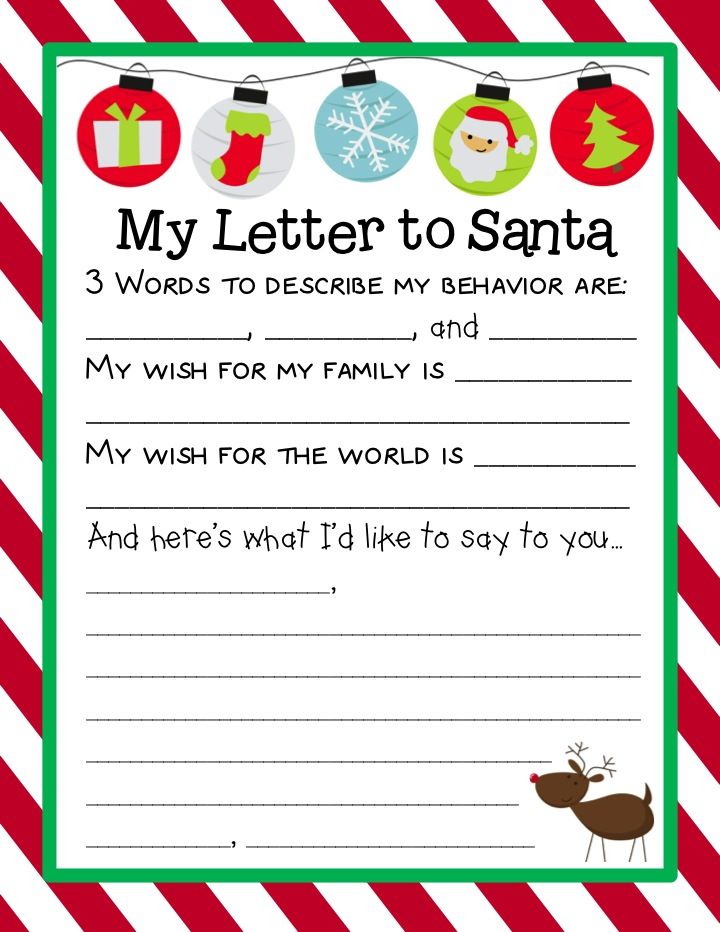
In the preschool period and in the elementary grades, children make many mistakes in writing, and even in those cases when they copy the text from some sample or board, perceiving someone else's speech by ear or expressing their own thoughts. And this, along with teaching children to write in block and capital letters, is another topic that should definitely be considered. We will begin the sixth lesson with a description of the basic principles of teaching children to write competently, and we will continue with methods for teaching children to copy from samples and write from dictation.
Lesson 6. Getting rid of illiteracy in writing. Overcoming unwillingness to study
Many children cannot understand why it is so important to be literate and write correctly. They calmly write “arel”, “mouse”, “orbuz”, and everything is in order - what difference does it make - “a” or “o” in the word, because it’s already clear to everyone what it is about. Based on this, the first thing to do is to explain to the child the importance of literacy.
Based on this, the first thing to do is to explain to the child the importance of literacy.
Literacy, and in particular - literacy in writing, is today a sign of a person's education. A schoolchild needs to be literate for the reason that there are written assignments and work in all subjects, which means that literacy is always needed. In addition, classmates, and in some cases teachers, often make fun of children who do not know how to write correctly and make fun of them. And who is pleased when he is "poked with his nose" in his own mistakes, and even scoffing at the same time?
Lesson 7. Learning to write essays
A student needs to be able to write essays just as much as the ability to copy texts from a sample, write from dictation, etc. Moreover, this skill is needed even for those who were not awarded by nature with literary talent. Thus, if some children write essays without problems, then it can be very difficult for others. How to behave in such a situation? What is effective parental support?
Lesson 8.
 Teaching a child to write in foreign languages
Teaching a child to write in foreign languages For a fulfilling life that opens up many new perspectives and opportunities, it is essential for a modern person to know at least one foreign language. With knowledge of a foreign language, you can enter a university with the appropriate requirements, go to study under a student exchange program abroad, make new acquaintances with people around the world, get a good position in a large international company, etc. And if we take into account the fact that it is best to learn new knowledge at a young age, then a foreign language should be taught even before school, or at least in the first grades.
How to learn to read in a foreign language was discussed in the first block of our course. Now we will continue the topic of foreign languages, but we will consider it in the vein of teaching writing specifically. And as an "experimental" language, we will again take English. The reasons are similar: English is an international language, very popular, in demand and easy enough to learn.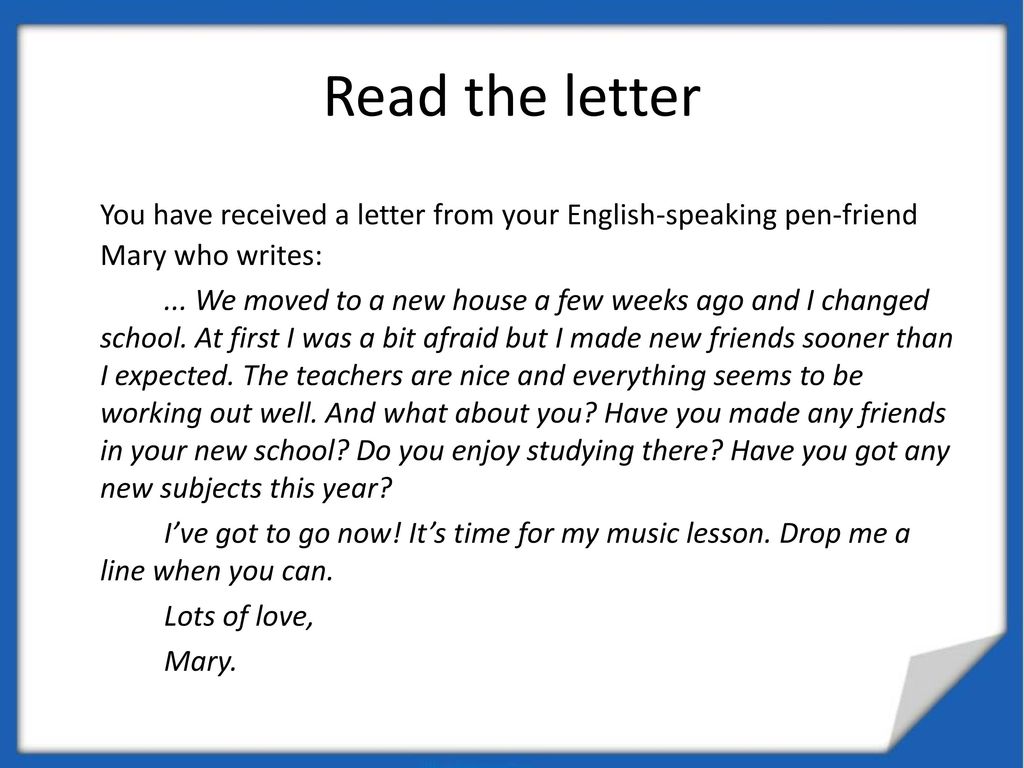 So let's go, or as the Americans say: "Let's it!".
So let's go, or as the Americans say: "Let's it!".
Lesson 9. Teaching a child to type on the keyboard
Modern life is completely unthinkable without computers. They accompany a person everywhere, from home to a work office, from a coffee machine to a store's cash register. Even without talking about global computerization, it becomes clear that today it is necessary to be able to work with a computer. In many educational institutions (so far mainly in the West, of course), the place of notebooks and pens on school desks has been replaced by laptops. We will also talk about the advantages and disadvantages of introducing computers into the education system on the pages of our intellectual club, but for now we will continue.
Now you don't often meet an adult who doesn't know how to work on a computer, let alone children. But if it is enough for the middle-aged generation to know basic programs and be able to use the Internet, and grandparents have enough skills to manipulate a push-button cell phone, then modern children need to master the intricacies of user computer science.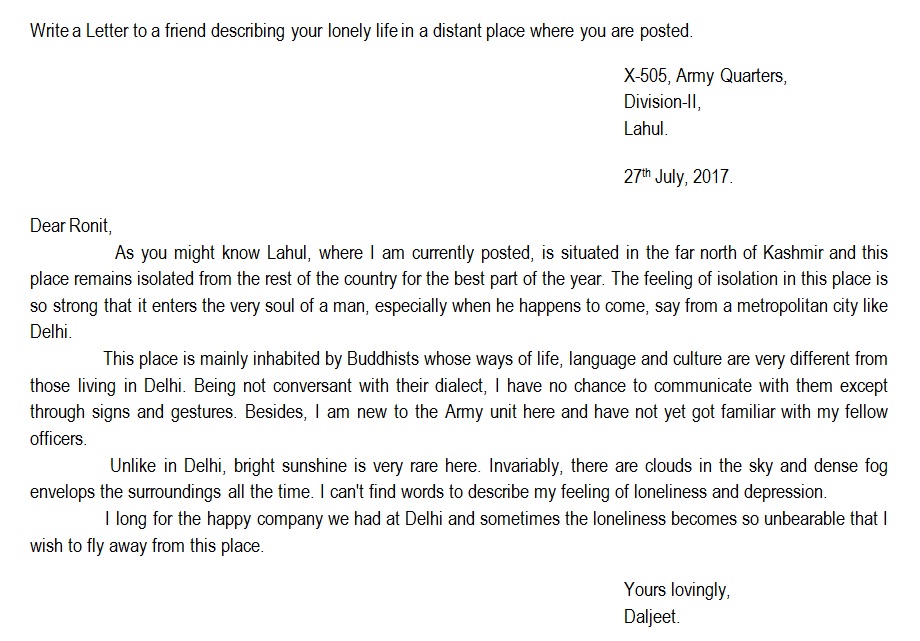 And one of the basic skills among them is the ability to quickly type on the keyboard.
And one of the basic skills among them is the ability to quickly type on the keyboard.
Famous people quotes about writing
At the end of the introductory lesson, we suggest reading some inspiring quotes from famous people about writing:
Writing is the best way to penetrate a person. The word blinds and deceives, because it is accompanied by facial expressions, because you see how it leaves the lips, because the lips please, and the eyes seduce. But black words on white paper are the soul wide open.
Guy de Maupassant
People do almost all important things by correspondence, therefore, the ability to speak alone is not enough.
Luc de Vauvenargues
A man ruins his talent if he writes worse than he can write.
Ernest Hemingway
My main goal is not to write faster, but slower.
